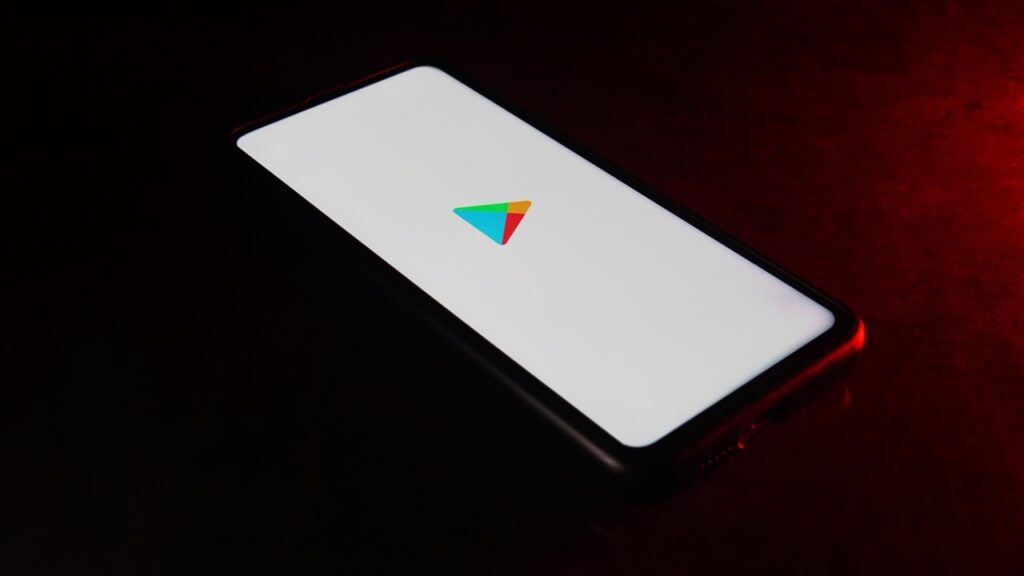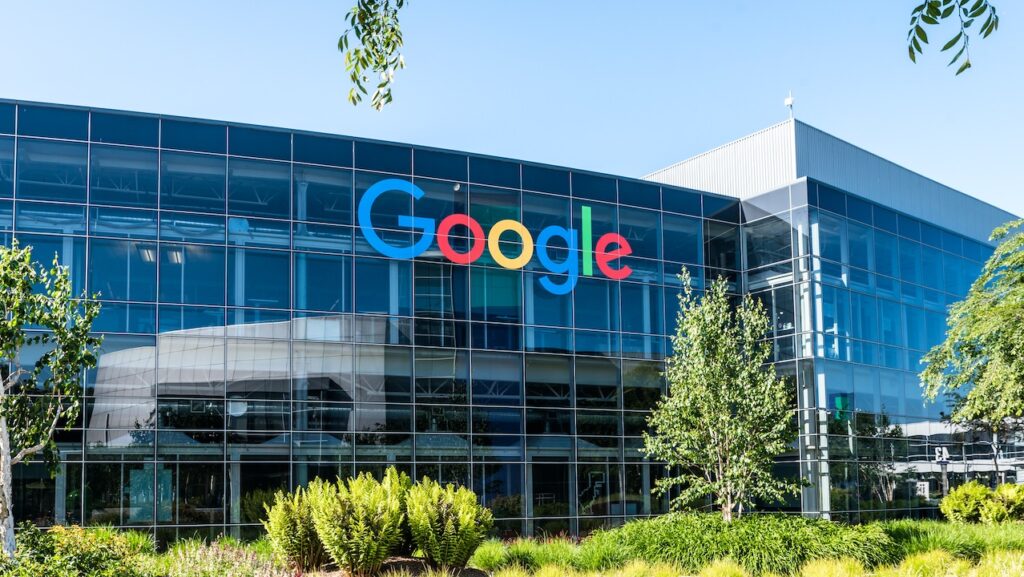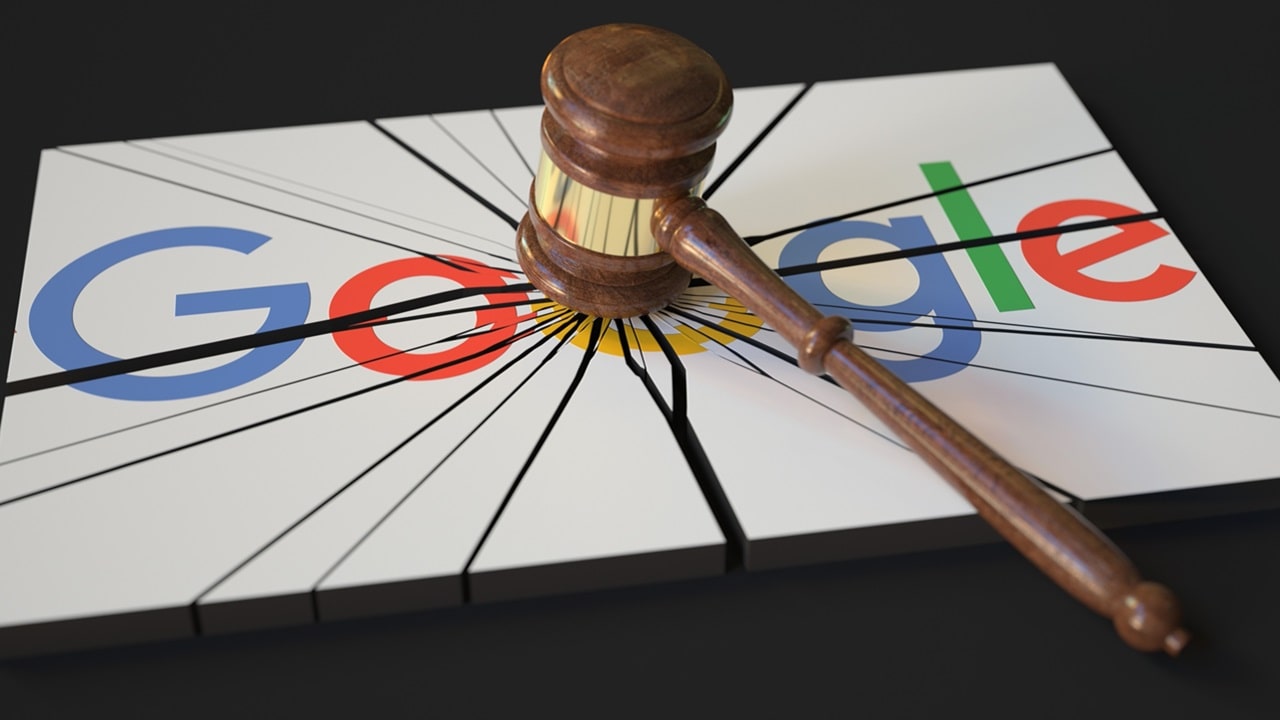After the defeat in the lawsuit with Epic Games, Google has suffered another blow: has settled with antitrust organizations in all 50 United States of America for compensation from 700 million dollars and requested changes to Google Play, the Android app store. If the mobile operating system already allows alternative app stores, it will have to simplify access and add alternative payment methods for subscriptions and apps. But what impact will this decision have on the smartphone world?
Google Play, $700 million settlement and court-mandated changes
Last December 11 a jury decided that Google stops a illegal monopoly through its app store, Google Play, giving a significant win to Epic Games. However, Epic Games was not the only one to fight the giant Mountain View company in an antitrust case.
In September, i to the general manager of all 50 states of the United States have agreed with Google, again the practices regarding the Google Play store. The agreement, which translates into a considerable sum of 700 million dollars: a figure so high that even in Mountain View it has an effect. But it also includes a series of Substantial changes regarding the functioning of the application store. Which Google will have to apply, however, only in the US territory: it is not certain that they will also concern our country.
The core of this transformation lies in the fact that Google will now have to allow developers to target consumers outside of the Google Play Store over a period of several years.
A huge fine and changes coming to Google Play

According to the plea agreement, Google will have to pay a total of 700 million dollars, corresponding to approximately 21 days of profit from its app store, Google Play, as The Verge points out. Of this sum, 629 million dollars will go to consumerswho may have paid excessive prices for applications or in-app purchases through Google Play, exclusive of taxes and legal fees. Instead, 70 million dollars will go to the federal states for use at their discretion, while a further million dollars will be dedicated toliquidation administration.
The changes imposed on Google
In addition to the compensation, Google agreed to several changes for Google Play. A fundamental change concerns the obligation imposed on Google to allow developers to target consumers outside of the Google Play Store over a period of several years. In detail:
- Google will have to technically allow Android to install third-party apps on mobile devices via methods other than Google Play for 7 years.
- Developers will have the opportunity to offer a alternative in-app billing system to Google Play (User Choice Billing) for a period of 5 years.
- For 5 years, Google won’t be able to force developers to offer better rates exclusively through Google Play and its billing platform.
- The company will not be able to force companies to include Google Play exclusively on phones or home screen for 5 years.
The changes also affect the use of warnings in Android when trying to install applications outside of Google Play. As Sean Hollister reports on The Verge, instead of:
“Your phone and personal data are more vulnerable to attacks from unknown apps. By installing apps from this source, you agree to be responsible for any damage to your phone or loss of data that may result from their use.”
Android users in the US looking to install apps with alternative stores or via .apk files will find an easier:
“Your phone is currently not configured to install apps from this source. Giving this source permission to install apps could put your phone and data at risk.”
After this fine and the Epic case, will Google Play have to change worldwide?
Compensation from 700 million dollars It’s bad for any company, even those that like Google they had sales of $279.8 billion last year. But just over a quarter of a percentage point remains, Google will be able to pay it without taking risks. The point is: What impact will these changes have on the Google Play Store?

Android users already can to install third-party apps into your devices through various methods. Additionally, many of Google’s deals with developersdevice manufacturers and operators did not specifically require theexclusive Of Google Play on a device or on the home screen. In fact, many manufacturers also offer a proprietary app store alongside Google Play.
A crucial aspect concerns the program User Choice Billing by Google. But the information that emerged in the case Epic vs. Google they reduce its scope. Members of the program User Choice Billing they receive a discount of 4% on the rate of Google when the users choose a system of alternative payment. Furthermore, Google may continue to not allow services such as Netflix to direct their own users to theirs Web sites to offer discounted rates.
Google posted the changes to the Google Play Store on its official blog the expansion of “Billing chosen by the user” after the plea bargain. Game developers in the United States will be able to participate in the program for the first time, while it was already possible in South Korea and will arrive next year European Economic Area.
The changes therefore do not appear to affect Google’s business model. But maybe something could change theFebruary 8, when both the ratification of this agreement and the judge’s decision on the Epic vs Google agreement will arrive, which will determine what sanctions the tech giant will suffer. We will keep you informed.















Leave a Reply
View Comments